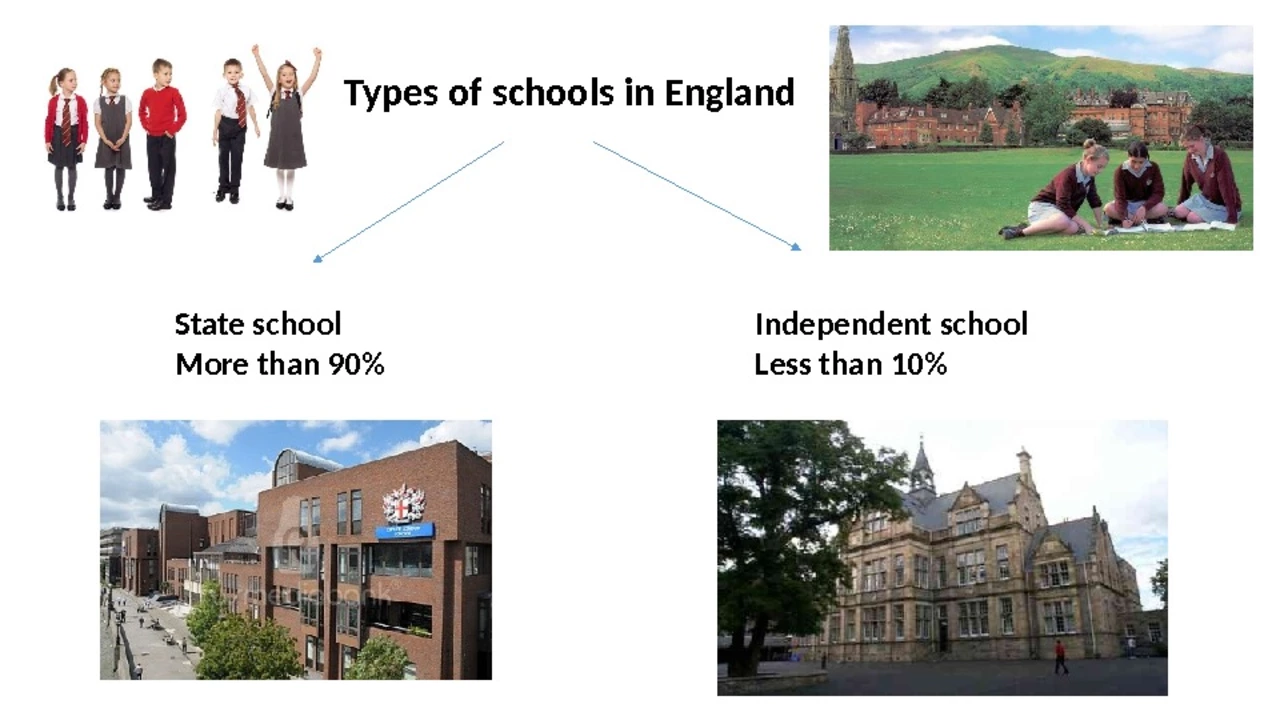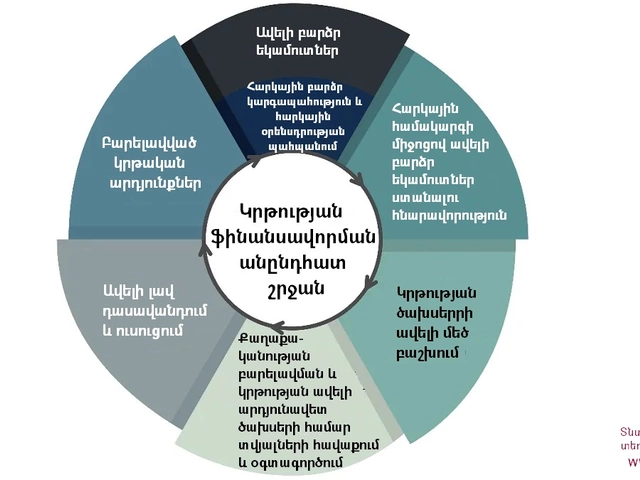
Understanding the Landscape: Metro vs Small City Education
As an eager learner, I've always been fascinated with the concept of education. From brick-and-mortar classrooms to virtual labs, the pursuit of knowledge is an enthralling adventure. Today, I'd like to discuss a topic that has always intrigued me - Is the quality of education better in a metro city or a small city? Do the skyscrapers house more knowledge, or does education thrive in the quiet humbleness of small cities? Let's dive into this riveting discussion.
Differentiating the Schooling Systems
Before we delve into the nitty-gritty, it's crucial to understand the inherent differences between the educational systems in the two settings. Metro cities, with their bustling life, have schools that manifest their vibrancy. The schools are usually larger, with a diverse student population, and offer a multitude of courses. On the other hand, schools in small cities may not have the same resources or diversity, but they provide a more personalized, community-focused education. Ah, brings back memories of my high school days when I could name every student in my year!
The Diversity Quotient
I have often wondered, how does diversity impact our learning? Turns out, quite a bit! Schools in metros are melting pots of cultures, fostering an inclusive environment that exposes students to different perspectives from an early age. This multicultural environment undoubtedly amplifies the maturity and worldview of metro learners. My friend from New York still has the most interesting stories from her high school days. I mean, who else's band had a didgeridoo player and a Tabla artist?
Comprehensive Curriculum and Opportunities
Apart from diversity, another significant advantage that follows the education in metro cities is the comprehensive curriculum. The vast array of subjects and courses available tends to make the learning experience more enriching. In addition, due to the presence of numerous companies and organizations in metros, internship and job opportunities are relatively higher, which significantly enhances the students' employability skills. Few things can beat the thrill of your first internship. I remember working at a local newspaper, making coffee and frantically meeting deadlines. Terrifying and exhilarating, all at the same time!
Sporting a Balanced Perspective: Benefits of Small City Education
Now, moving on to small cities. Let's not mistake the lack of skyscrapers as the absence of quality education. Small city schools often offer a close-knit community environment. For students, this translates to more individual attention from teachers and tailored pedagogy. Teachers in small cities are often like extended family members, helping and guiding you at each step. I'll never forget Mrs. Parker from my town's school, who helped me fall in love with words and became the igniting spark for my writing career.
Tight-Knit Community and Personal Attention
Indeed, growing up in a small city school has its perks. The sense of community and camaraderie amongst students and teachers is often higher than in metro cities. More personal attention means teachers can identify and nourish the individual talent of each student. This can lead to students shining in specific areas that may otherwise have been overlooked in a metro school's bustling environment. There’s a chance to stand out and be recognized that often eludes students in crowded classrooms.
Unmasking the Myths: Is the Grass Always Greener on the Other Side?
Often, discussions and viewpoints tend to favor the impression that education is better in metro cities. However, this isn't always the case. High stakes, competition, and pressure in metro city education environments can sometimes hinder the students' personal growth. Conversely, the education style in small cities, which is often more relaxed and less competitive, allows students to understand at their own pace and develop their unique style of thinking and learning.
Choosing What's Best for You
The ultimate decision between metro city or small city education inevitably depends on the individual needs of the student. The hustle and bustle of metros, with diverse cultures and a comprehensive curriculum, could provide an enriching educational experience for some. Others, however, may thrive in the close-knit and personally attentive environment typical of a small city school. Our responsibility is to explore, understand and decide on the approach that best suits our or our child's learning style, aspirations, and future goals. So, time to make a wise choice! And remember, education isn't confined to four walls; it’s a lifelong journey to explore and learn.
In Conclusion: The Takeaway
As we wrap up this massive roller-coaster of education exploration, we can safely say that both metro and small city education environments have their unique charms and challenges. These two are different sides of the same coin, each possessing distinct features that cater to a certain set of requirements. So my friends, whether big city lights attract or small-town charm entices you, remember that it's the willingness and thirst for learning that fuels our educational journey, regardless of where we are situated. As they say, knowledge knows no bounds. So, are those new things I see you reaching out for?



Write a comment